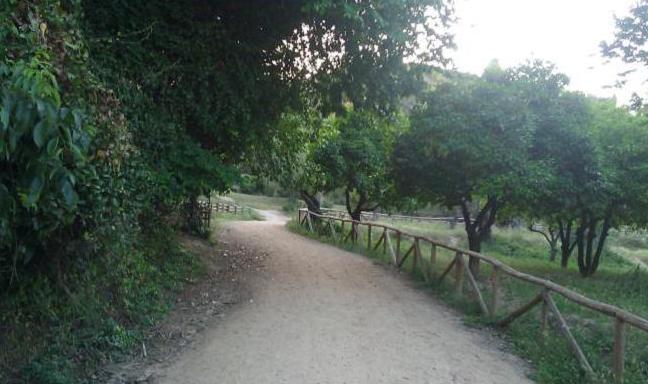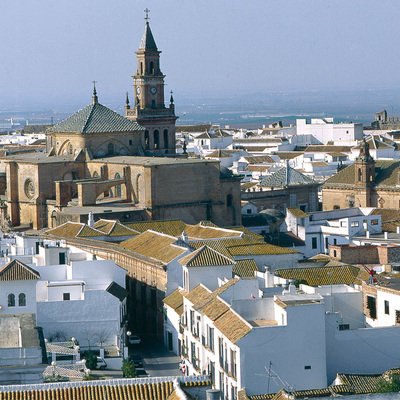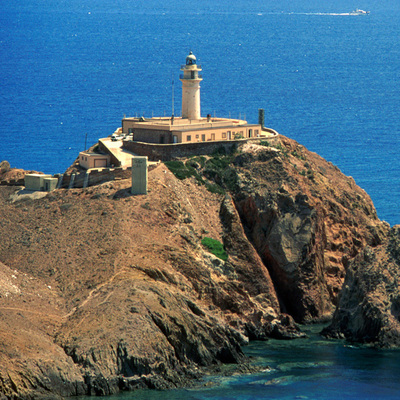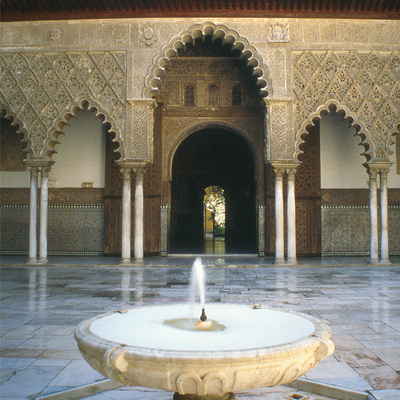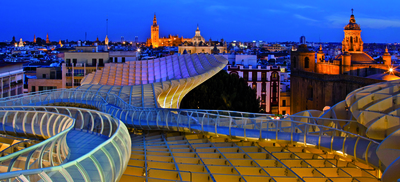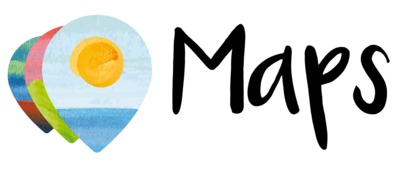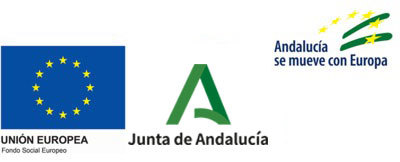Metropolitan Green Corridor
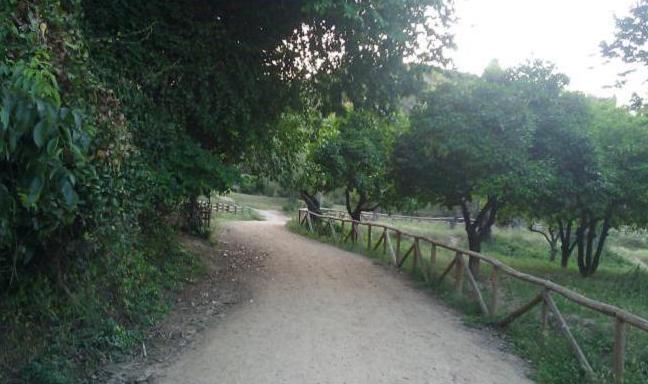
The Metropolitan Green Corridor links with two bike lanes the La Corchuela peri-urban park with various towns of the metropolitan surroundings of Seville. It thereby encourages non-motorised transport, without overlooking a highly important tourist recreation, both for its scenic quality and the architectural heritage associated with it.
The route starts off from the recreational area in the basement of 5th Centenary Bridge, which leads to the shores of the New Channel of the Guadaíra, next to the EMASESA pumping station. It stretches along the right bank, offering the enjoyment of ecological and scenic resources of the Guadaíra Channel: Los Herberos Tower, the main and most valuable archaeological remains of the area, set within the ancient Roman city of Orippo, declared of Cultural Interest. The flat landscape of the area allows for viewing some of the nearby towns, like Coria del Río y¡and La Puebla del Río.
The route crosses the Guadaíra using a bridge and at a crossroads continues along the left, the La Isla road. We turn off at 500 metres to continue on the road to Dehesa La Atalaya, a public mountain of great natural interest, which immediately takes you to the peri-urban park named La Corchuela. One of the meadows best conserved in the entire city and an ideal area for (offering many fountains and facilities for public use: tables, barbecues, recreational areas, etc.).
Two kilometres beyond La Corchuela is a crossroads, the end of the route: toward Los Palacios along Vereda del Arrecife and Cordel del Camino de Coria or Roman road, and another toward Dos Hermanas along Colada de Las Plateras.
The second section of the Metropolitan Green Corridor runs along the Guadalquivir Valley, excluding the part that crosses the Aljarafe Foothills, where you find Gelves. It extends over an area of gentle hills and easy access, comprised of cattle routes and along the banks of the Guadalquivir. The route links the towns of Coria, Palomares del Río, Gelves, Mairena del Aljarafe, San Juan de Aznalfarache, Sevilla, Camas and Santiponce with the remaining sections of the mentioned Green Corridor.
The link with the previous section occurs once the bike lane separates from the Guadaíra River looking for the La Corchuela Park. Here, if taking the rightward path towards Coria del Río, you come to the estuary that crosses the Gualdalquivir and to this municipality. From here, the route follows La Colada del Callejón de la Magdalena, linking with Cordel de Ugena until reaching the town of Palomares del Río. The landscape in this area is completely agricultural.
The next town one crosses is Gelves, reached along La Colada de Gelves. The pass to this town is at the crossroads of Colada with the access square to the Simón Verde development, and ends in the cemetery of Gelves. This course has a slight, initial slope that disappears after 200 m, creating a level path that runs along the edge of the Aljarafe Foothills with excellent views of Seville and the Guadalquivir Valley. This route is located between the parks of La Cornisa and Los Manantiales.
After passing through an urban section and Pandero Park, the Metropolitan Green Corridor runs through the Aljarafe Foothills and ends at the San Juan de Aznalfarache sports centre, where it joins the path which runs along the banks of the Guadalquivir.
Once past the town of Camas the turn-off to the left by Cordel del Alamillo, between the Gambogaz farmhouse and Giralda campsite, ending in the Itálica Monumental Site, in Santiponce, which still transmits the splendour of this ancient Roman city, birthplace of the emperors Trajan and Hadrian.
Departure point: Recreational area located under the 5th Centenary Bridge, Seville. Length: 68 km. Time: 22 h. (on foot). Route: Linear. Difficulty: Low. Terrain: flat. Section I: length: 31.78 km; time: 10 h. (outbound and on foot); difficulty: Low. Section II: length: 36.22 km; time: 12 h. (outbound and on foot); difficulty: Low. Users: hikers, cyclists and horse-back riders. Ground: ballast. It partly runs through the protected area of La Corchuela peri-urban park. More information, click here.

